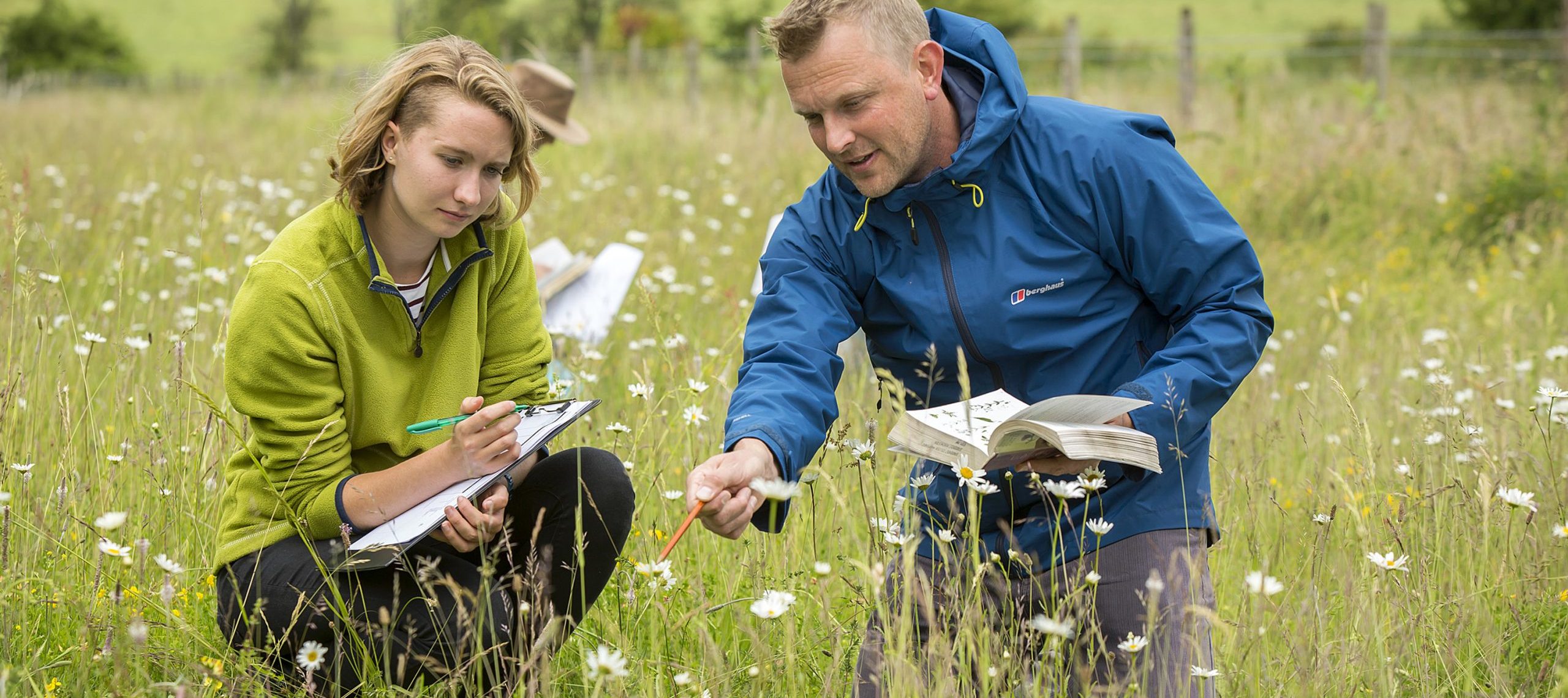Five GCSEs at grade 9–4, including Maths, English language and a Science subject. BTEC Level 2 qualifications considered in subject related courses.

In A Level geography you will apply geographical knowledge, theory and skills to the world around you, allowing you to develop a critical understanding of the world’s people , places and environments in the 21st century . You will be able to develop both knowledge and understanding of contemporary geographical concepts together with transferable skills that will enable you to progress to higher education and a range of employment opportunities . The specification will allow you to develop an enthusiasm for and competency by using contemporary real world contexts, from a range of spatial scales and through engagement with and practical application of geographical skills and techniques in the field.
Five GCSEs at grade 9–4, including Maths, English language and a Science subject. BTEC Level 2 qualifications considered in subject related courses.
Students will study a range of human and physical geography extending their understanding from KS3 and KS4, as well as learning new content.
NEA – students are able to follow their own interests and passions with a choice of topic for the NEA. This piece of work accounts for 20% of the overall qualification and involves the development of a unique enquiry title building on fieldwork developed throughout the course which is then written up as an academic report by relating their fieldwork to knowledge and understanding of geographical theory and the six stages of the enquiry process.
Discussion, debate, practical work and analysis are at the forefront of the skills that students of Geography require. You will be given structured and non-structured research and geographical skill tasks to complete both in class and for independent study. In addition, there will be ample opportunity to conduct fieldwork and utilise GIS techniques throughout the course. Homework is set regularly and the expectation is that students will engage with this as part of their overall study programme. To further enhance your subject knowledge, you will also be expected to read around your subject. You will also have the opportunity throughout the course to visit and use the state of the art facilities at our sister college in Sparsholt.
Trips include:
AS Level
A Level
An A-Level in Geography is an extremely useful investment. Not only is it very well regarded by admissions tutors at universities, but employers value candidates who possess the skills of communication, analysis and team-work which are developed through study of this subject.
Students who complete their course go on to study a variety of degree courses and work in diverse industries. For example, climate science including meteorology, earth science including geology and environmental science, hydrology. Typical roles include data analysis, sustainability officer, planning officer, teacher.
We use a wide range of digital resources to compliment in-class learning. Students can access e-copies of a wide range textbooks and geographical publications through the library and revision and teaching resources are shared through the college intranet systems.
Students are required to purchase physical copies of their student guide textbooks and an independent investigation text to read and study and use in class throughout the course. This is approximately £75. Students will also be required to attend a mandatory residential field trip to Dorset which will cost approximately £400.
Trips include:
Most Recent Results (table and graph – summer 2023)
| Grade | A* | A | B | C | D | E | U |
| Percentage | 11% | 0 | 22% | 33% | 22% | 11% | 0 |